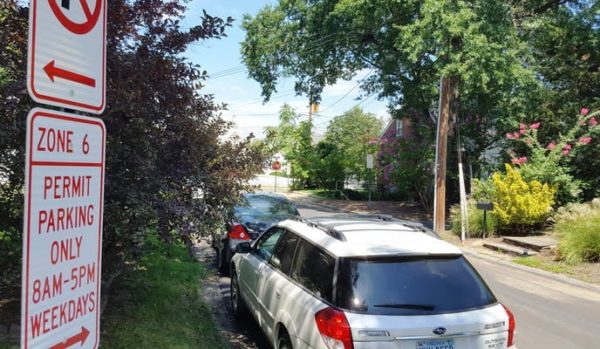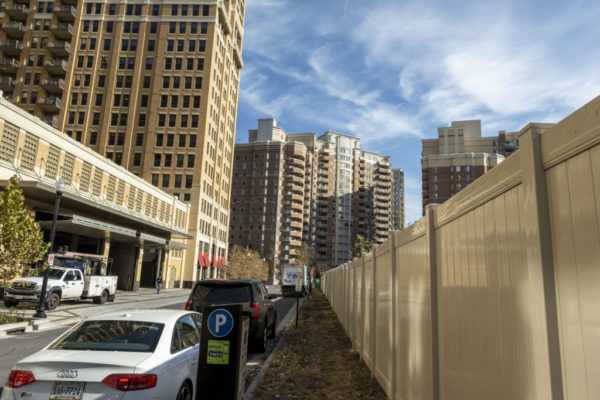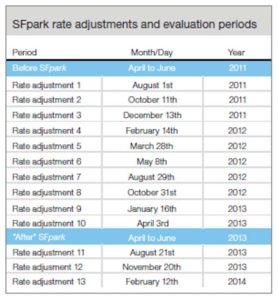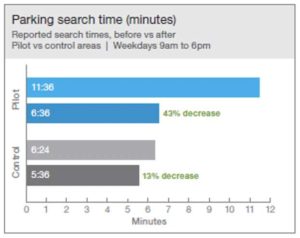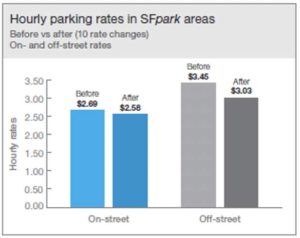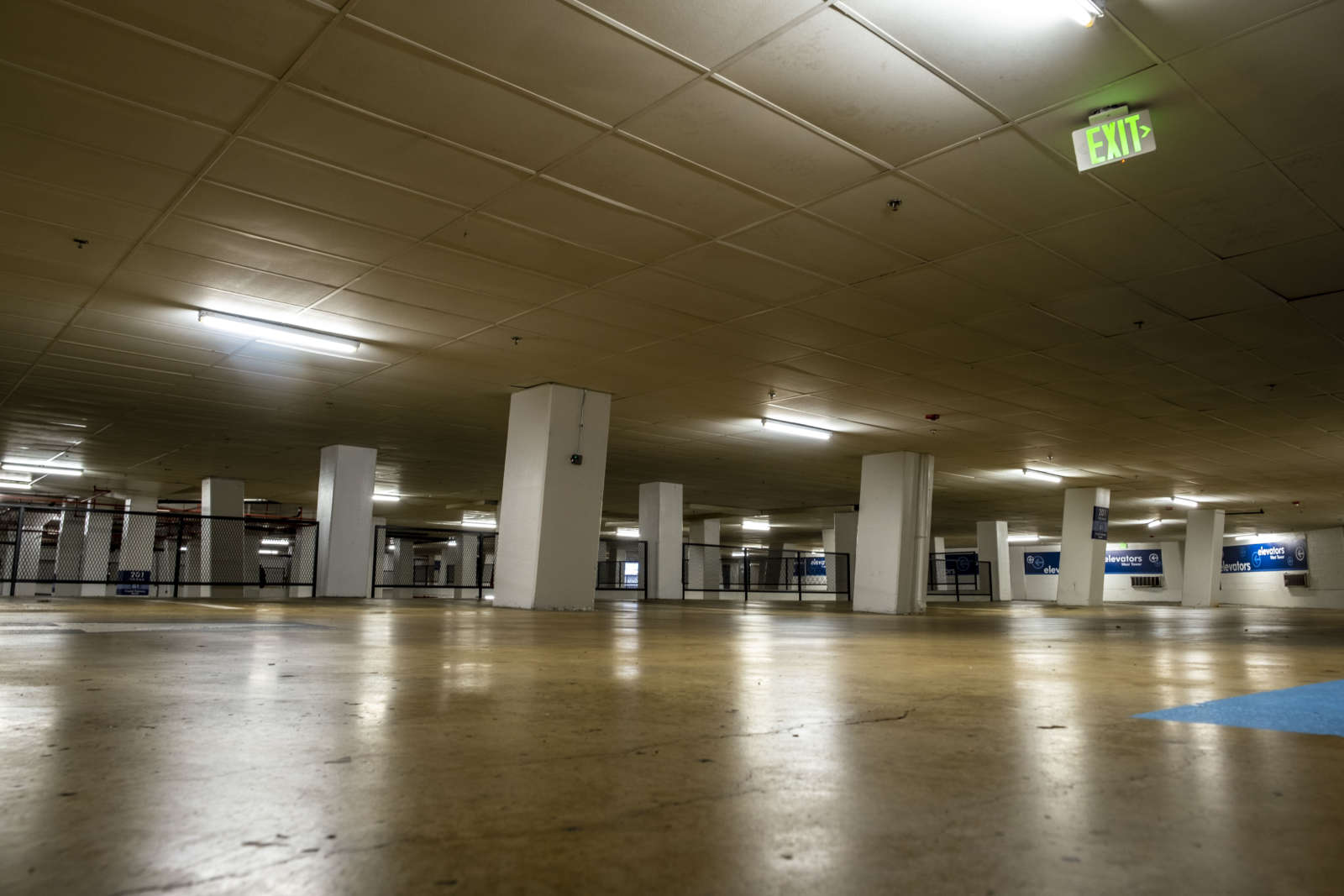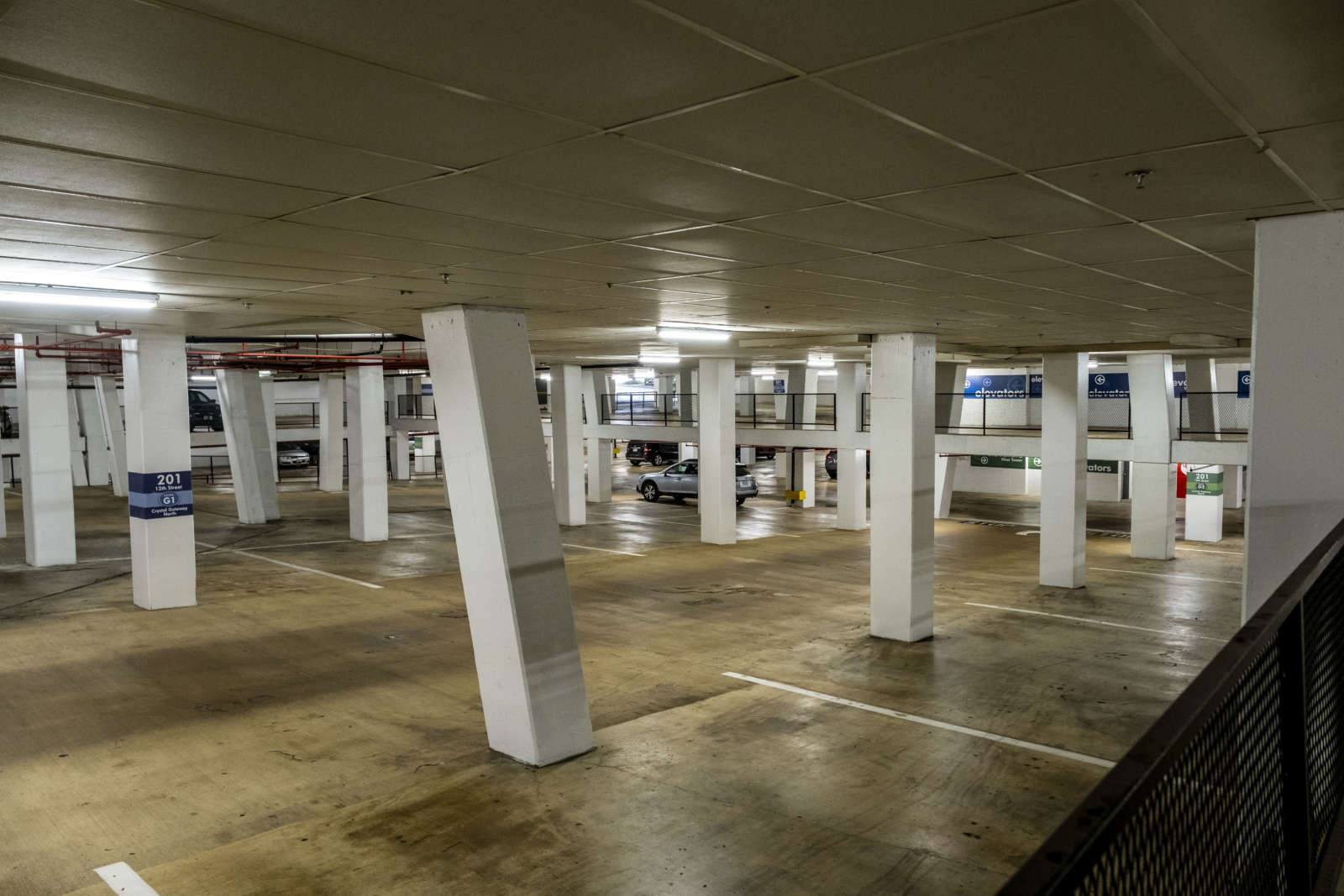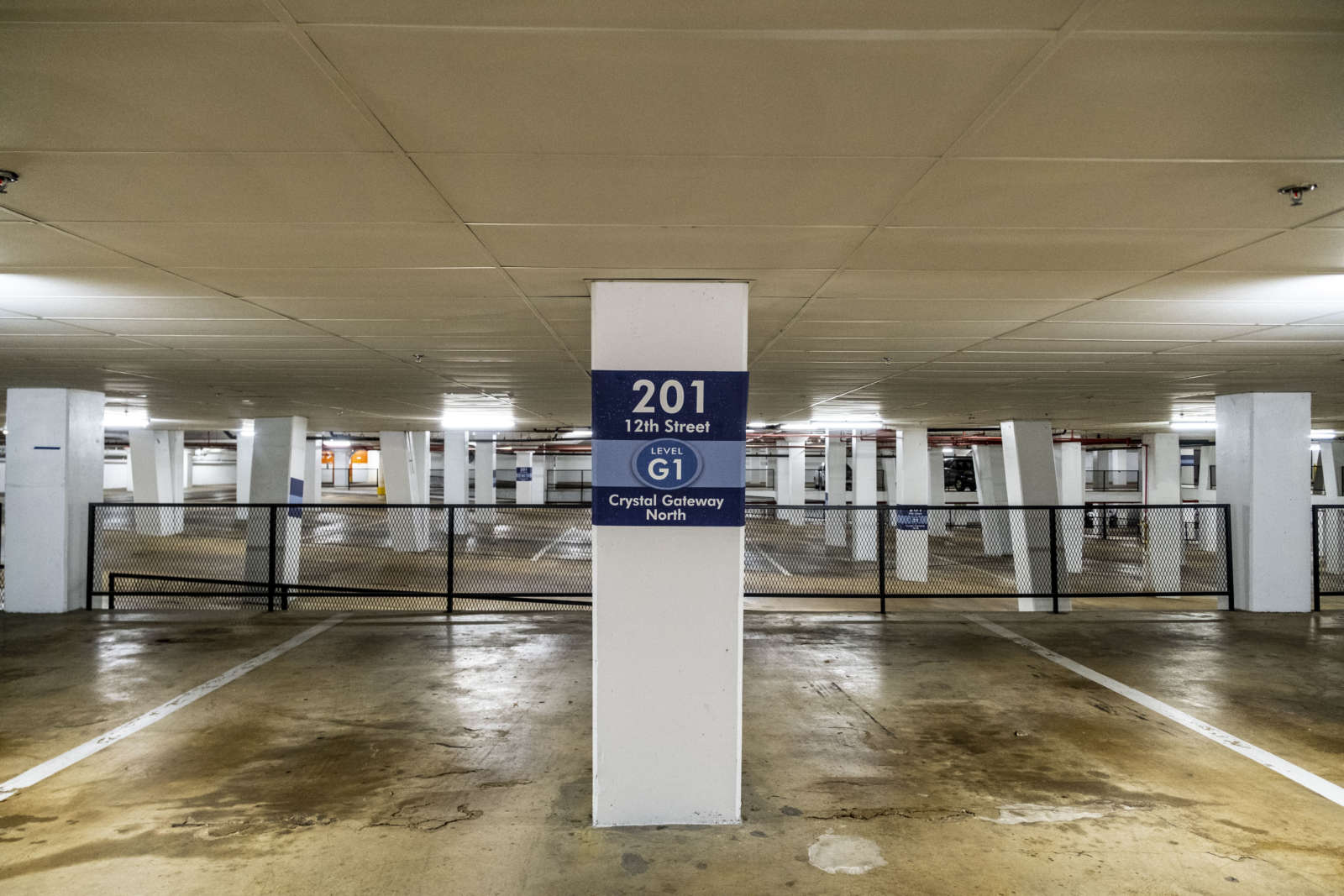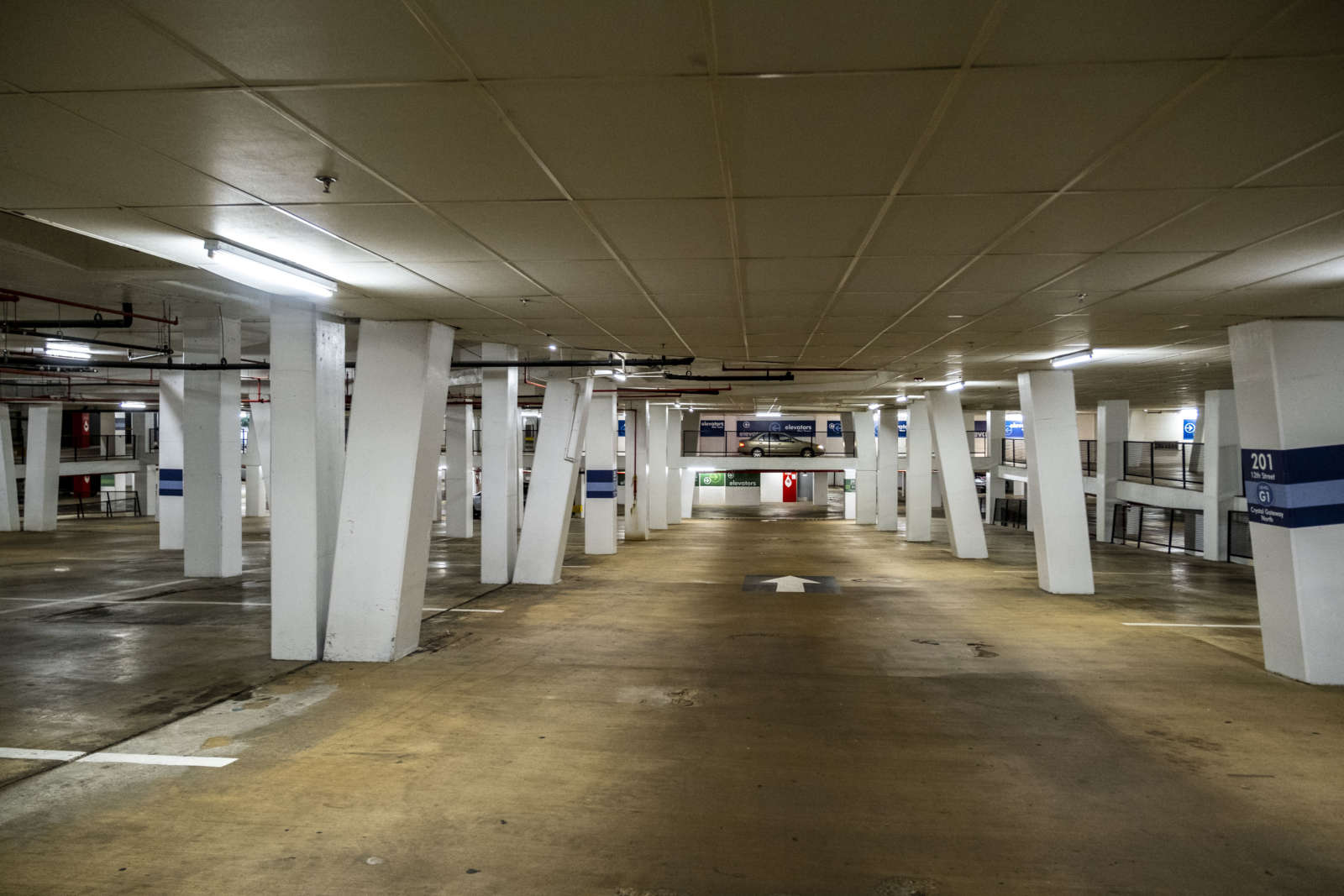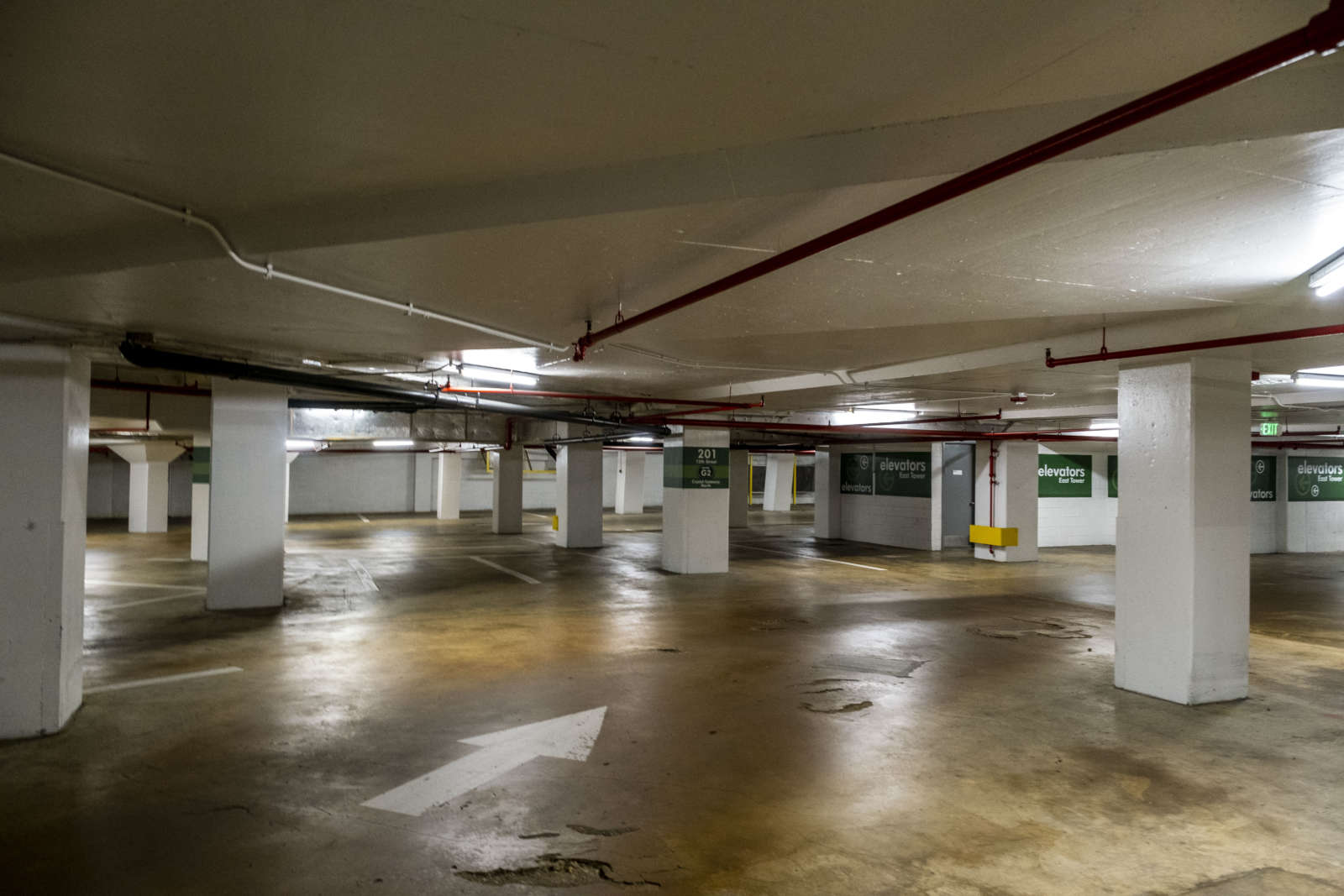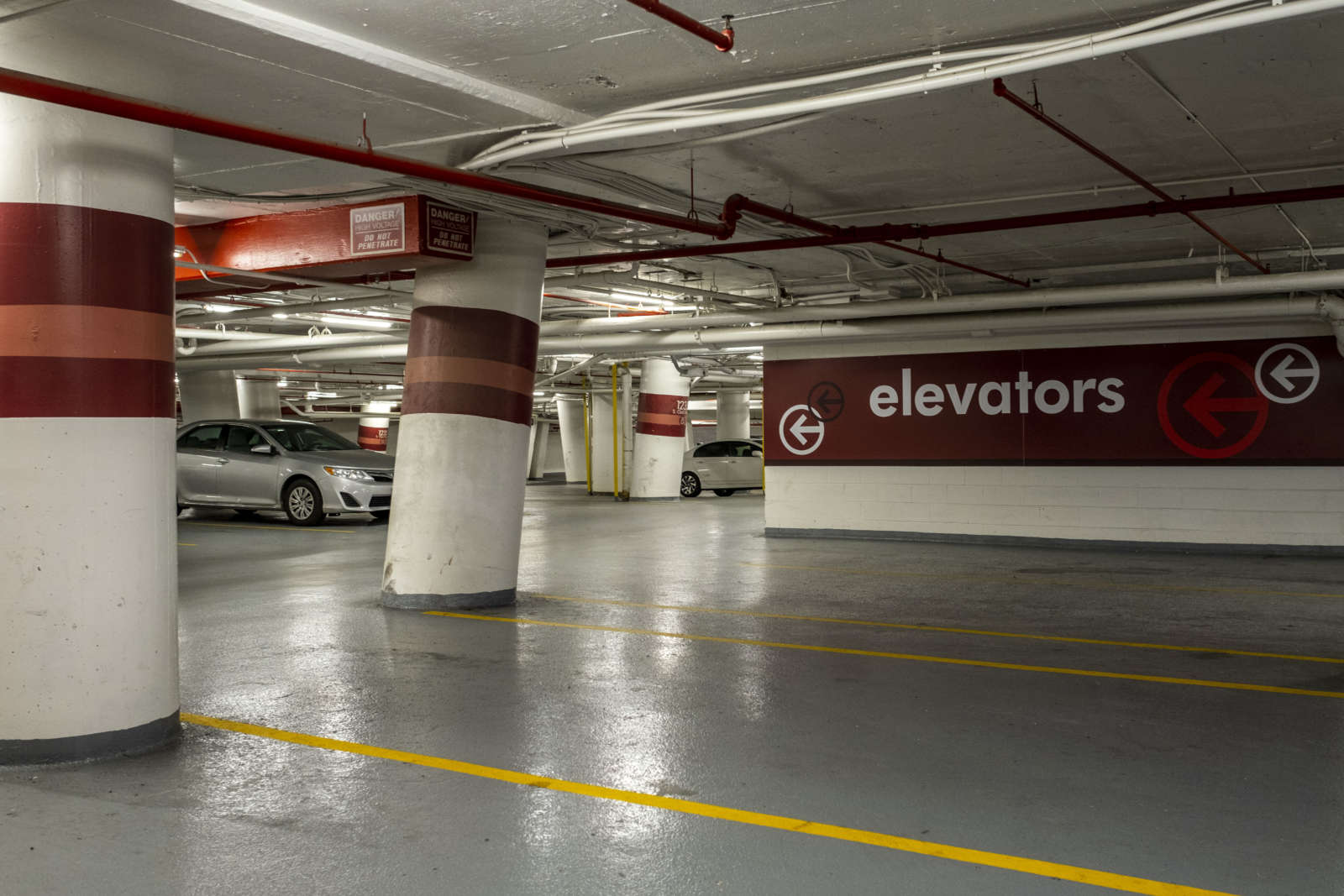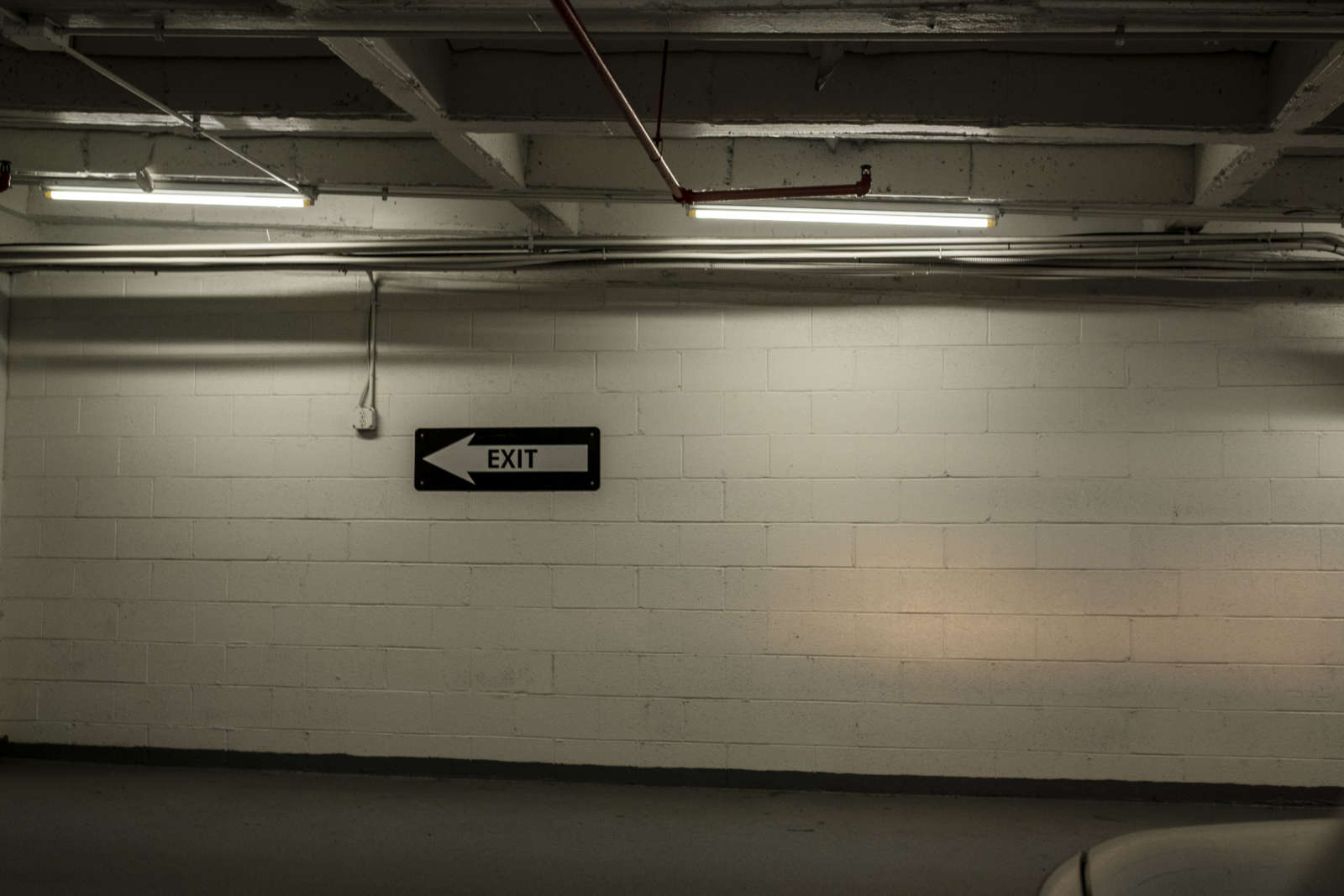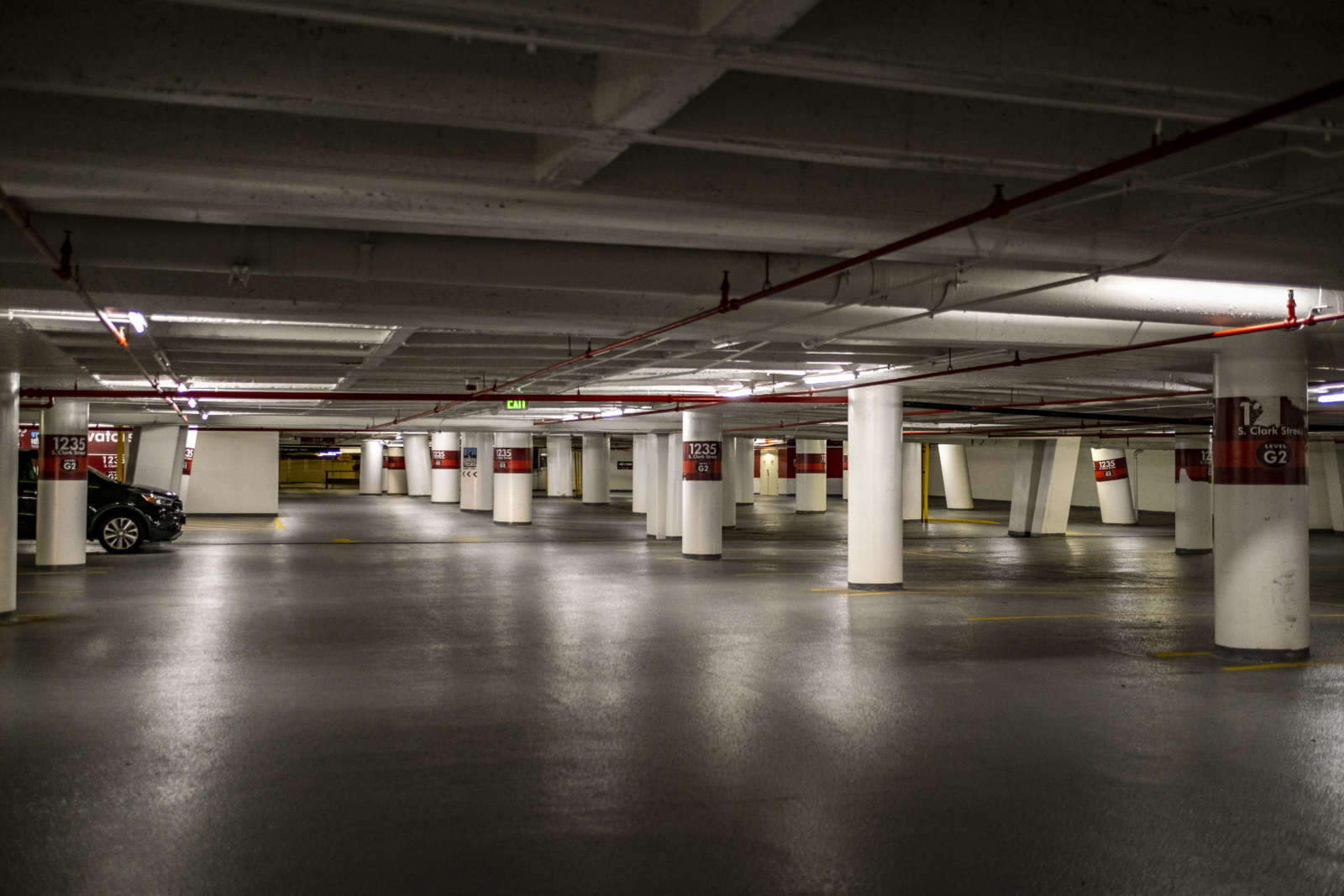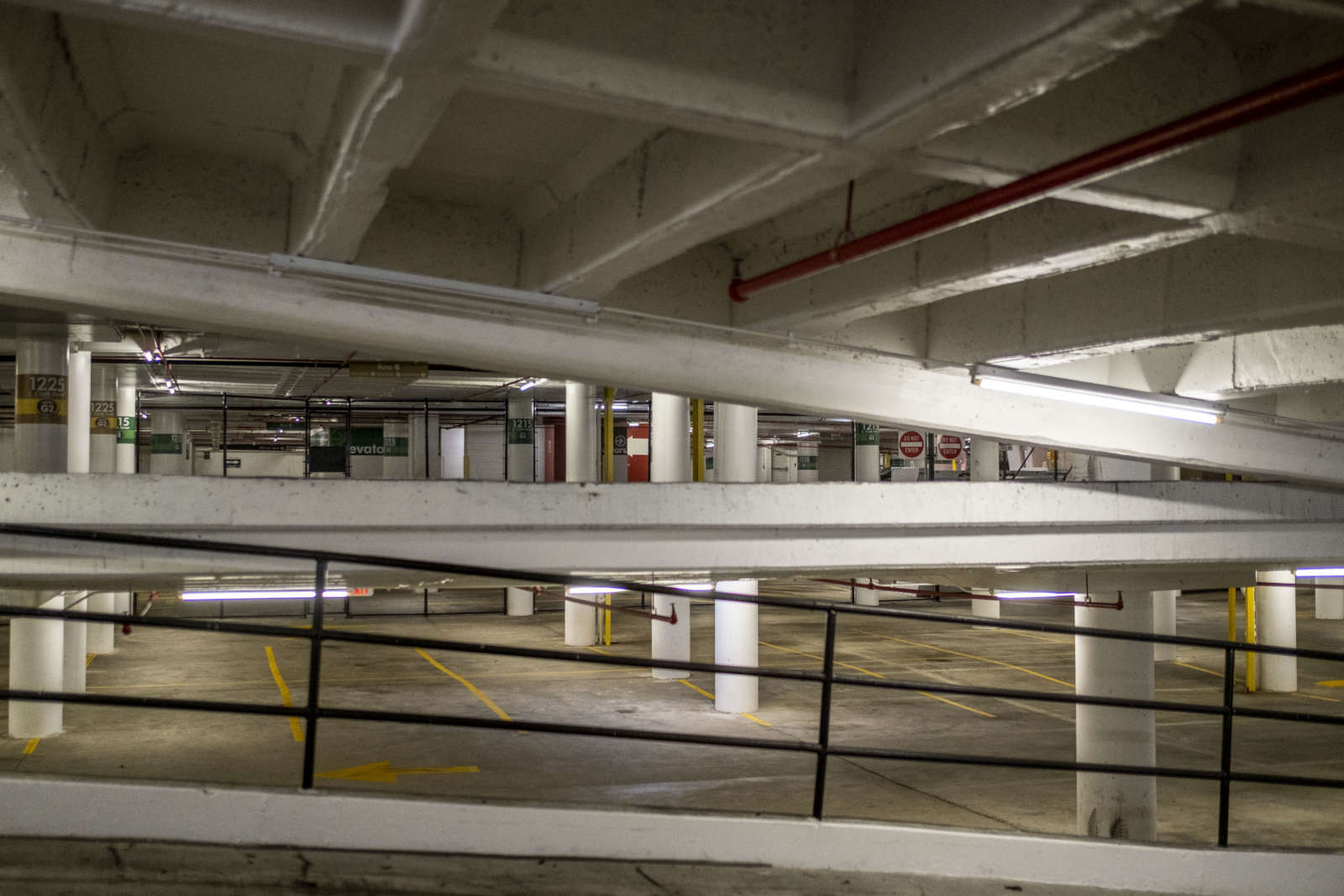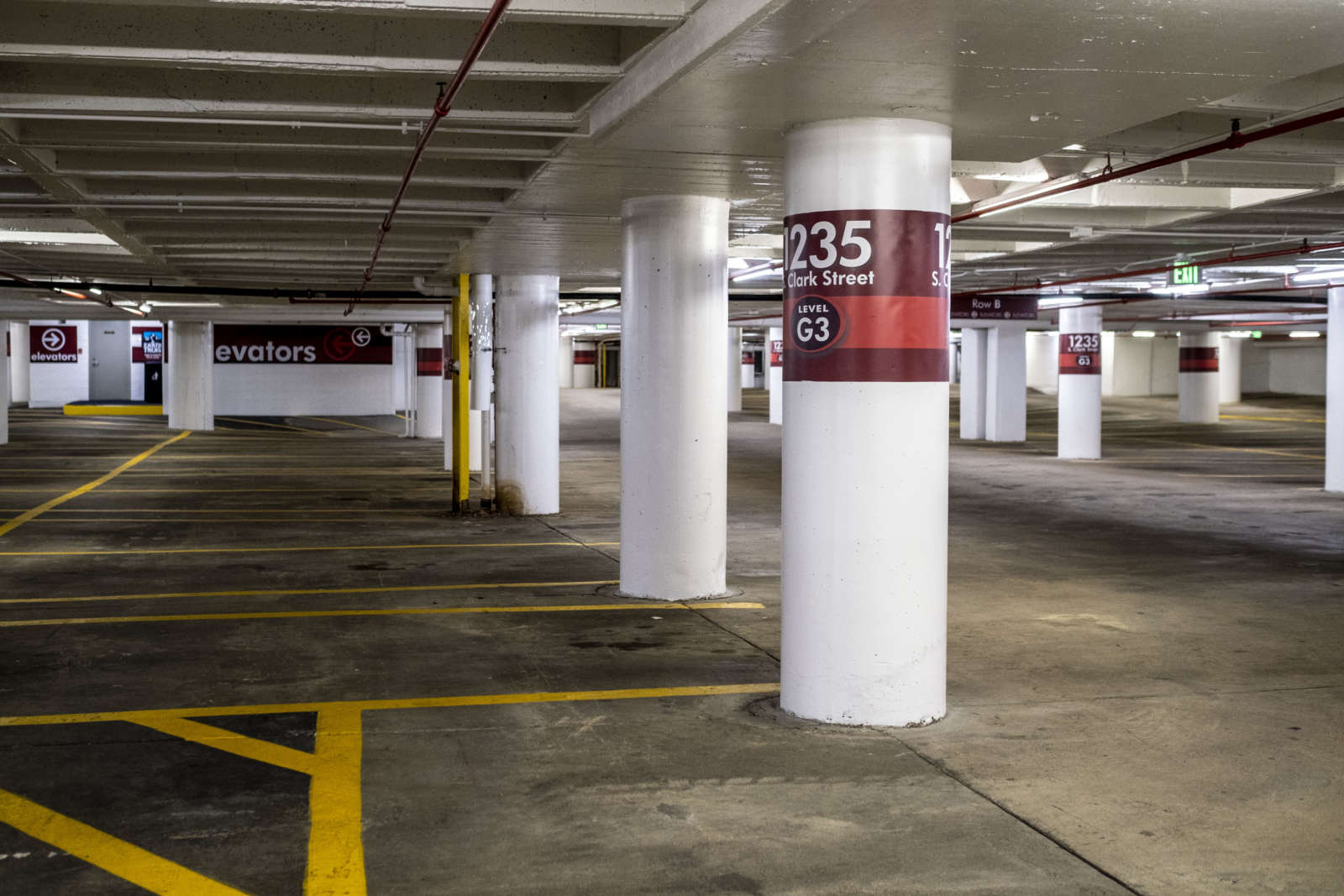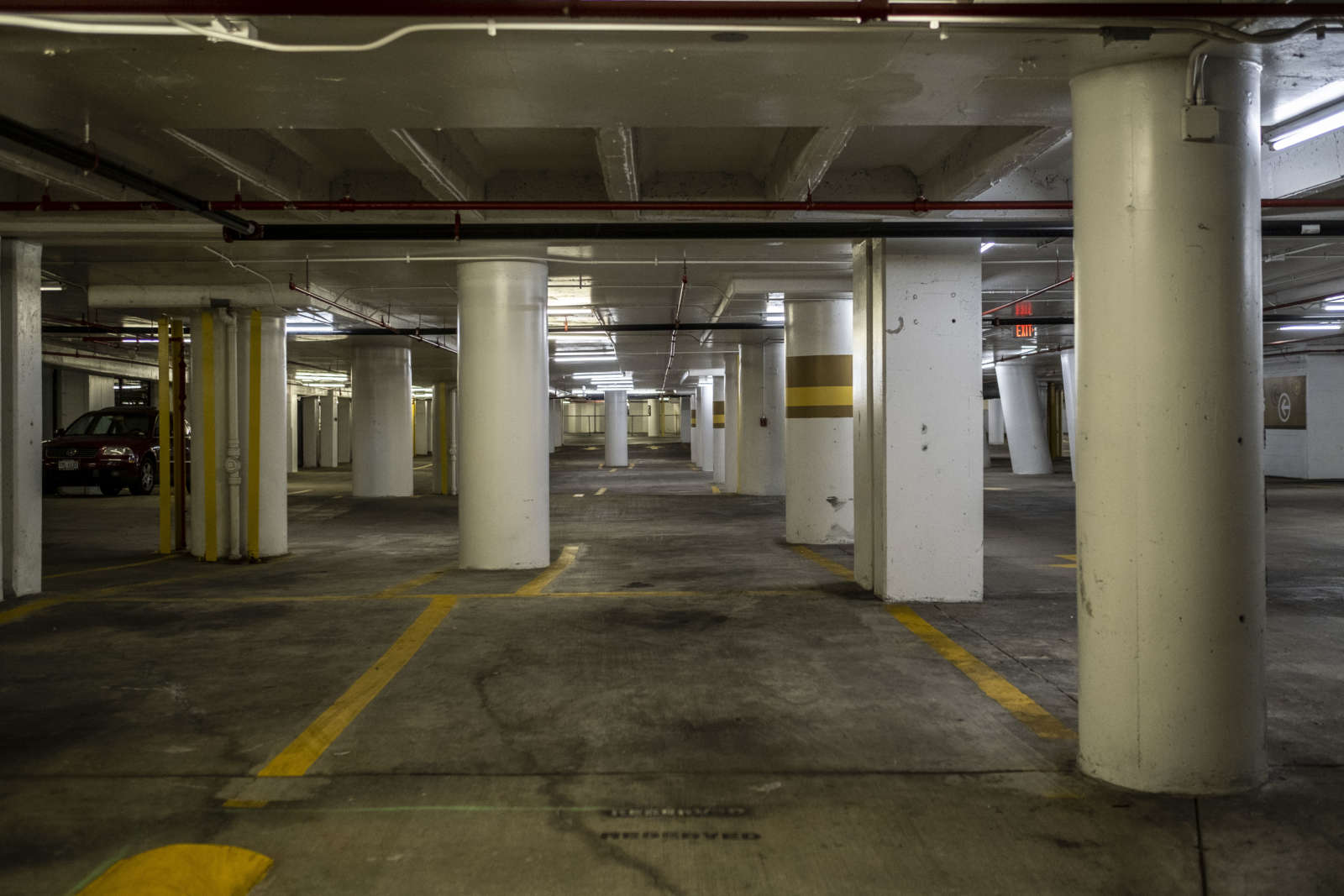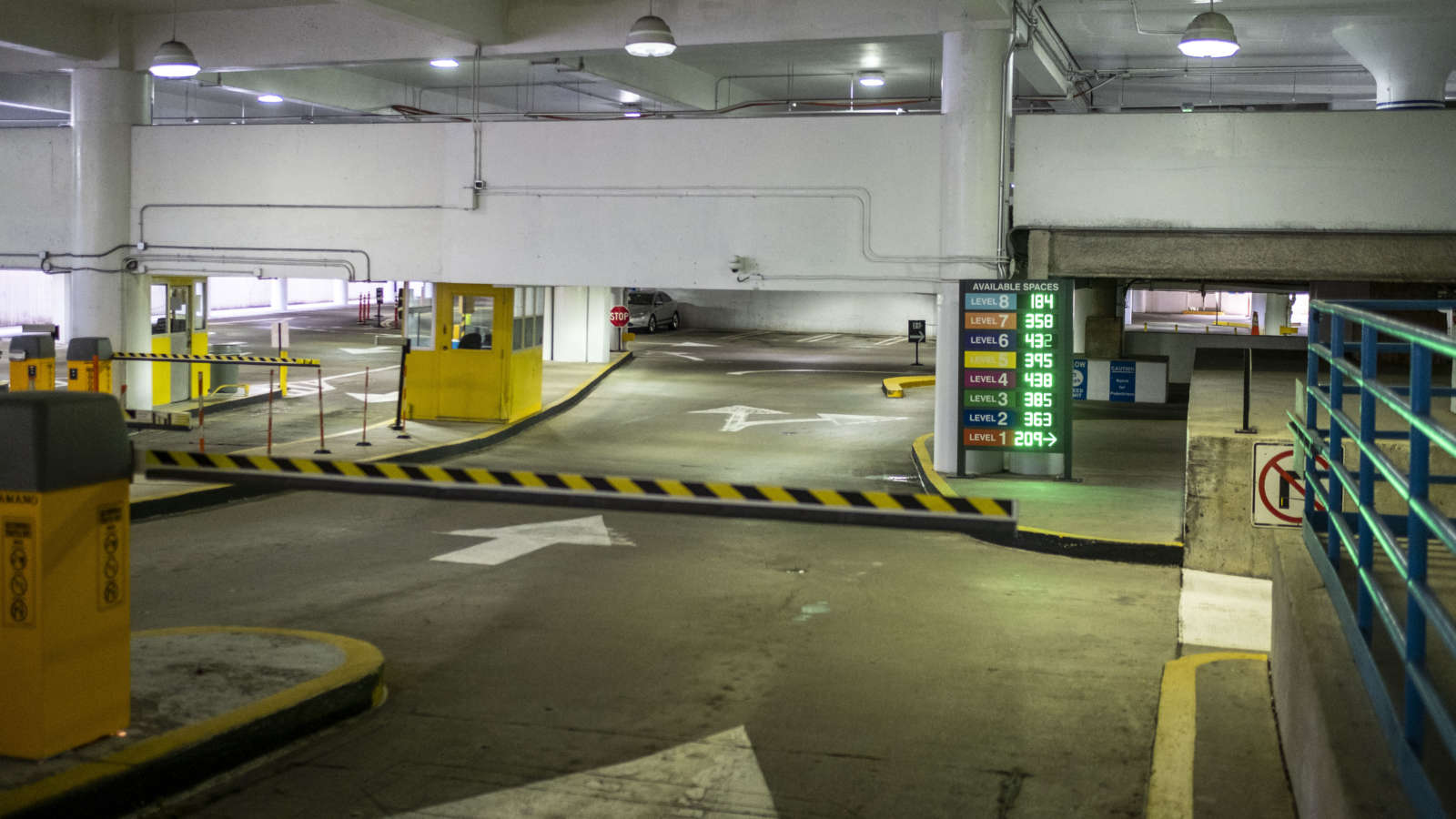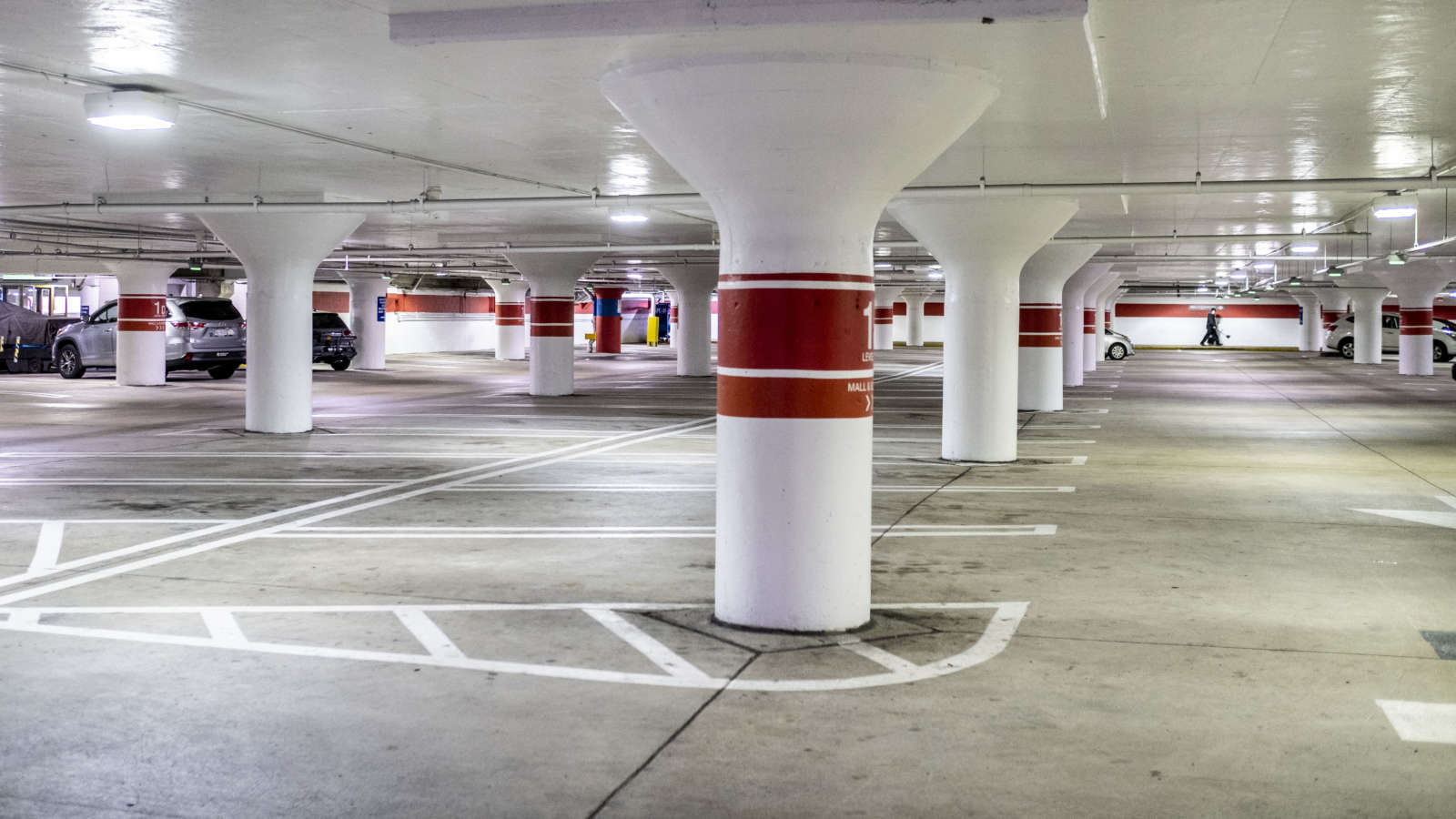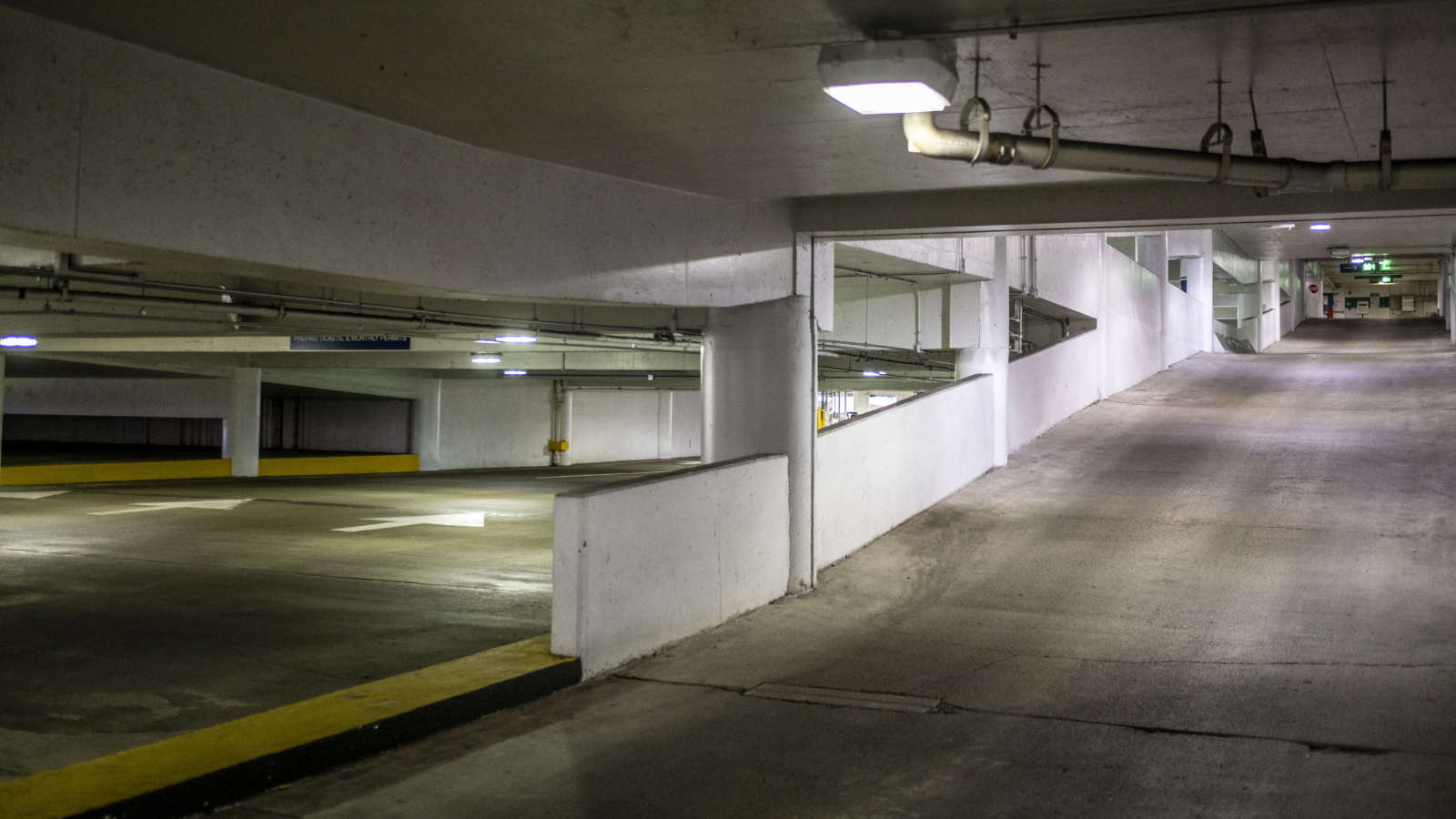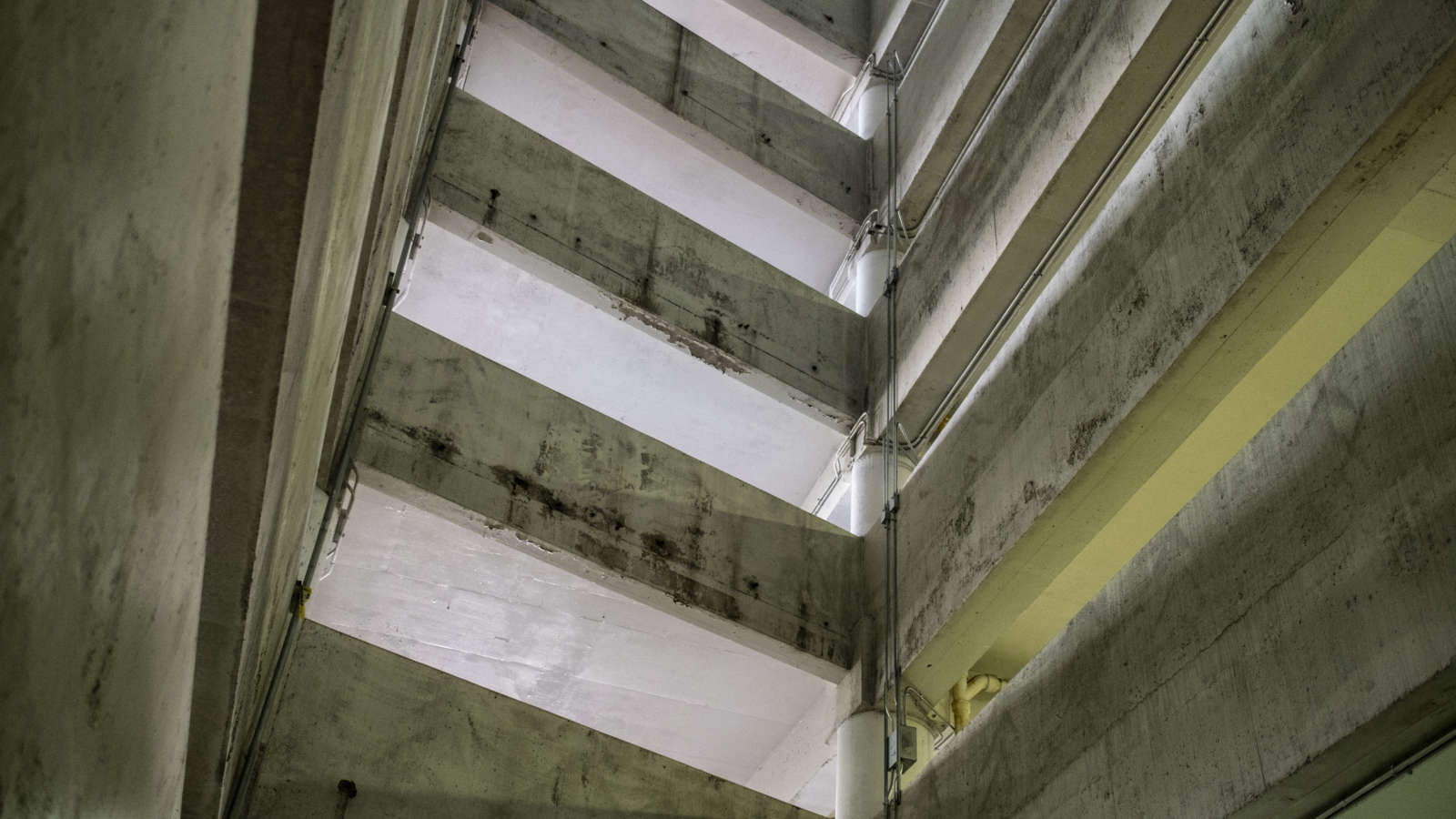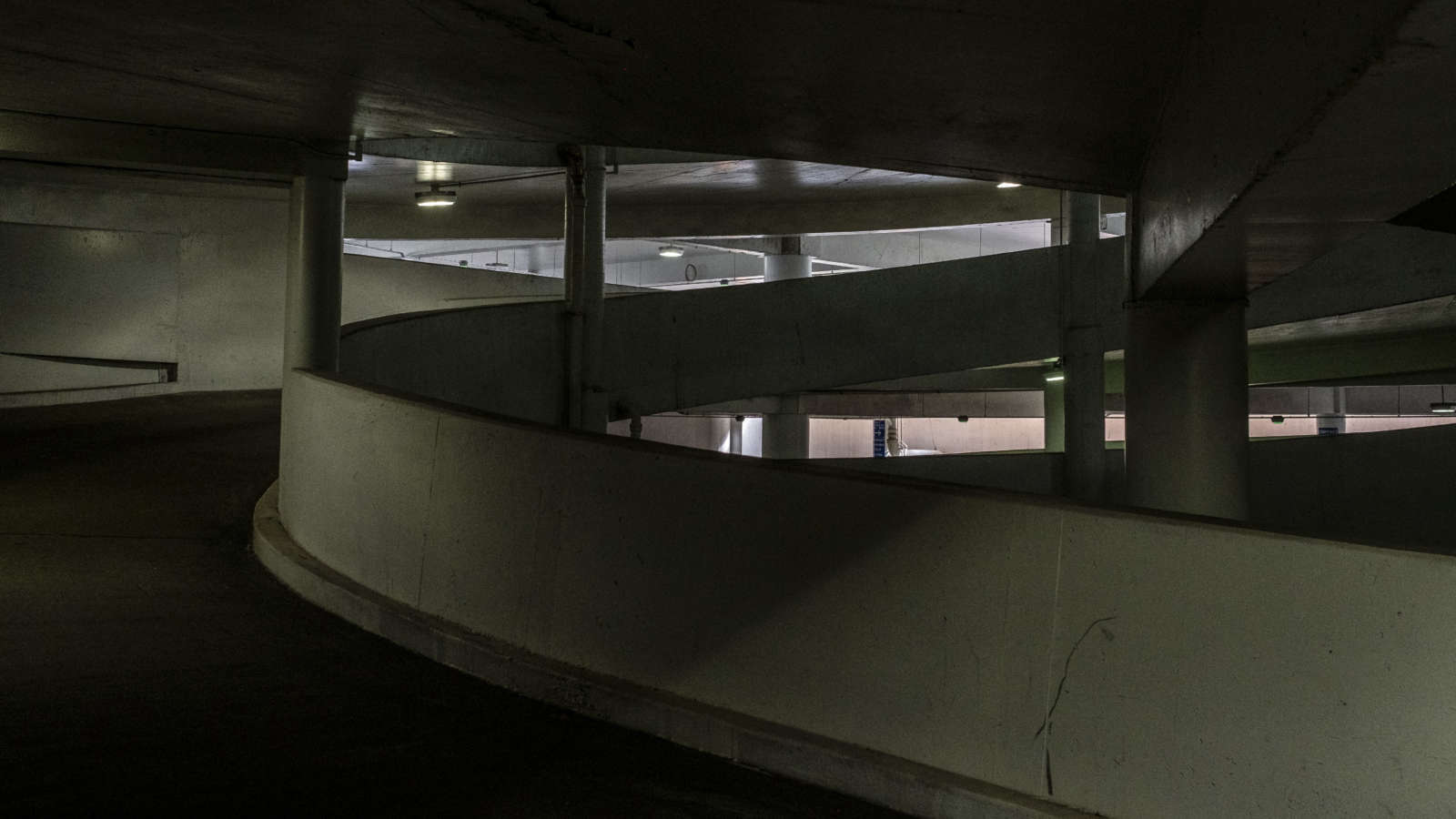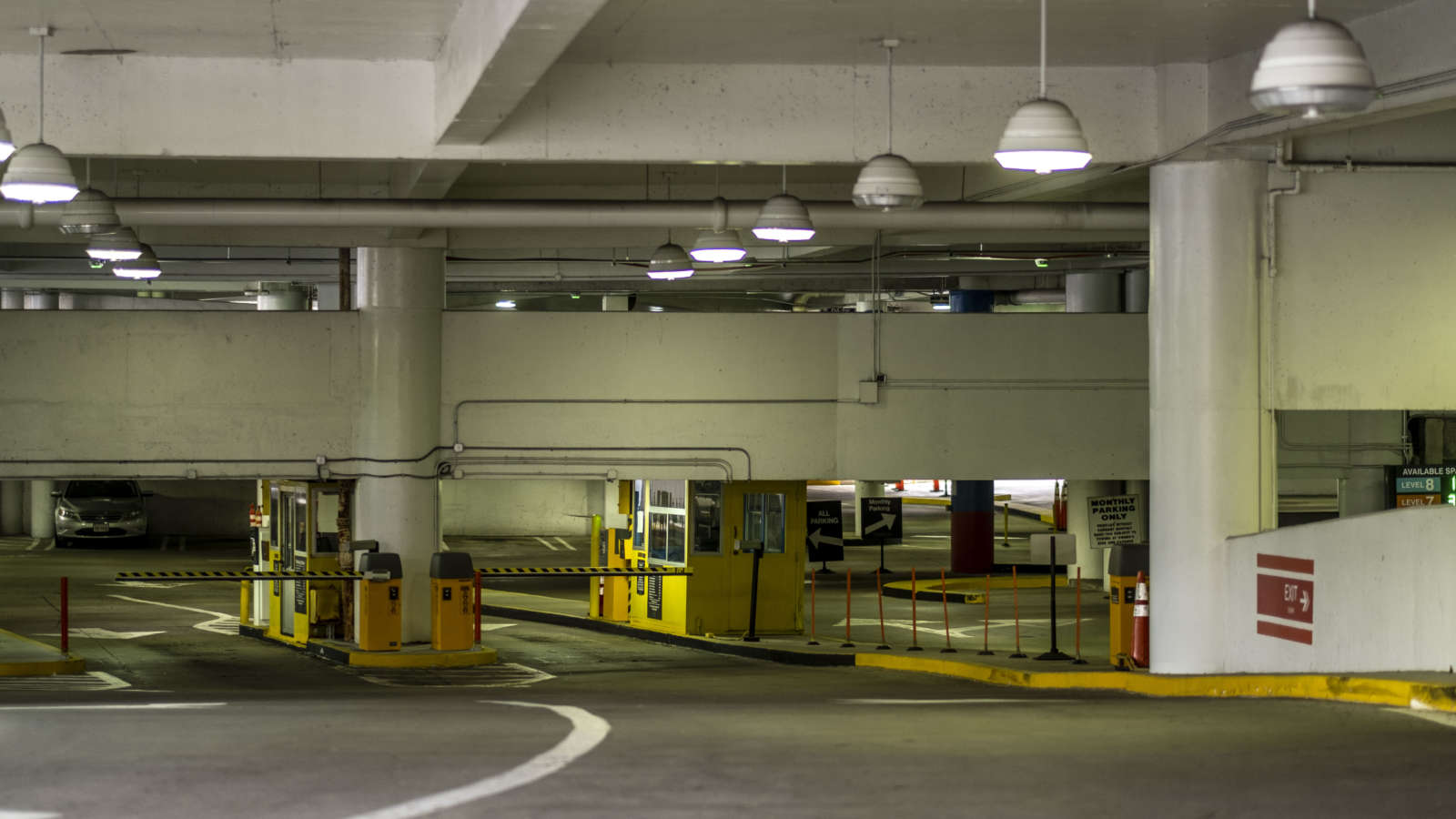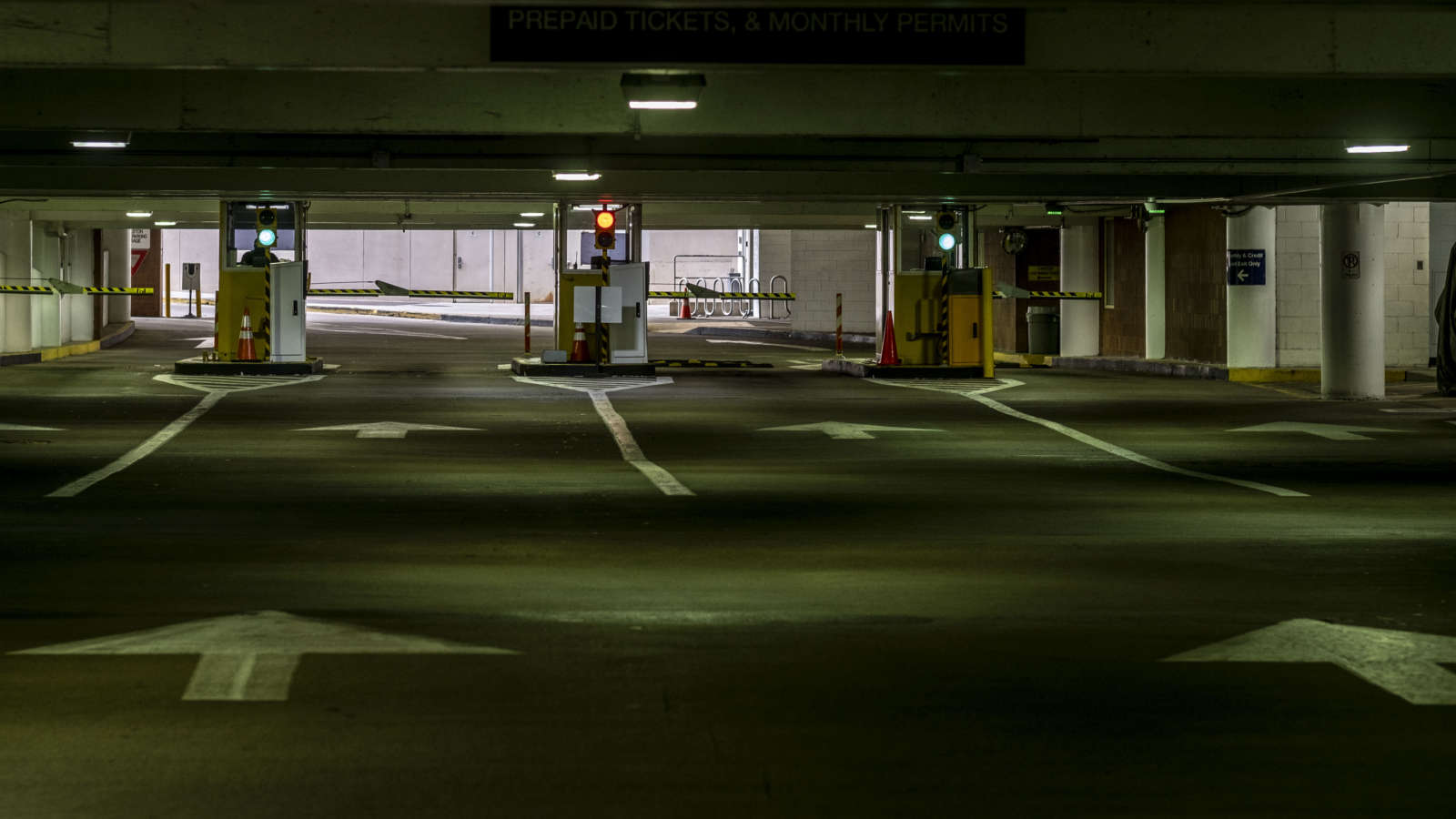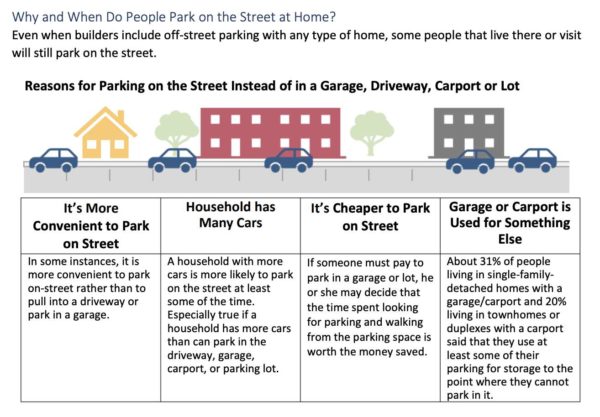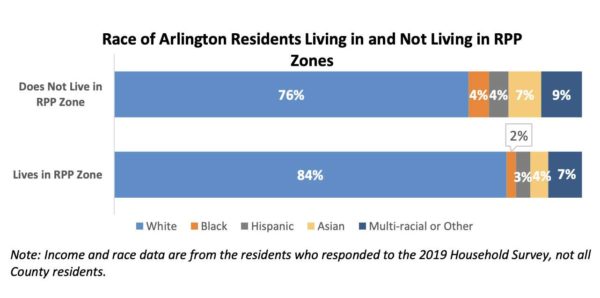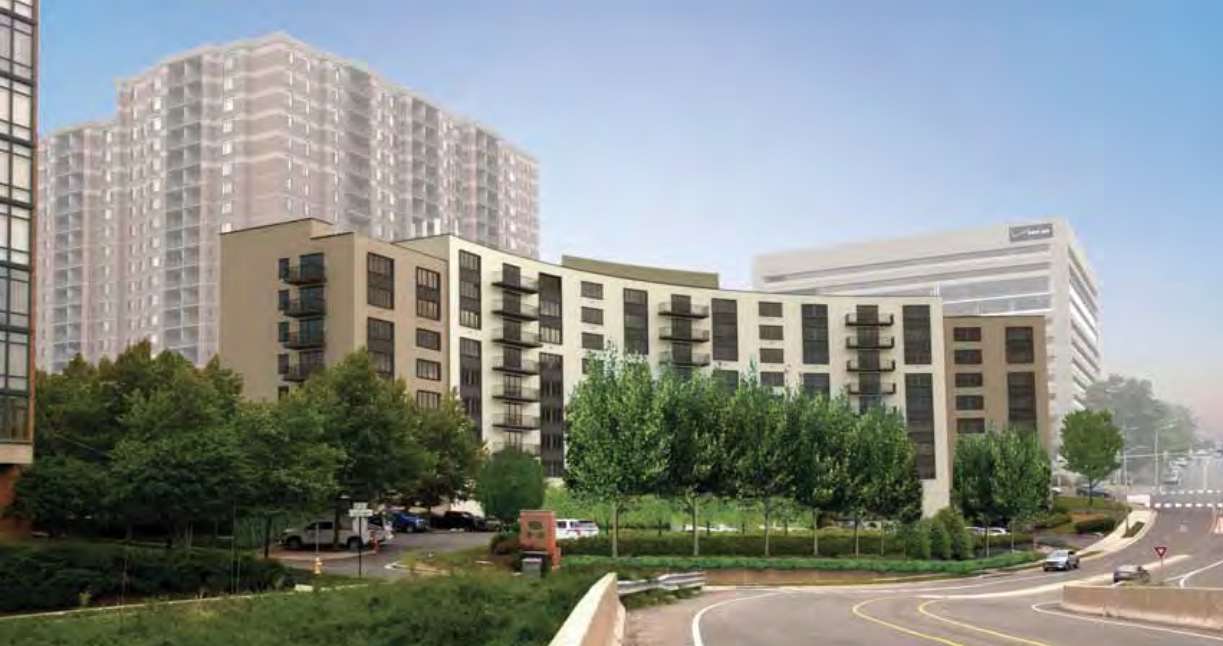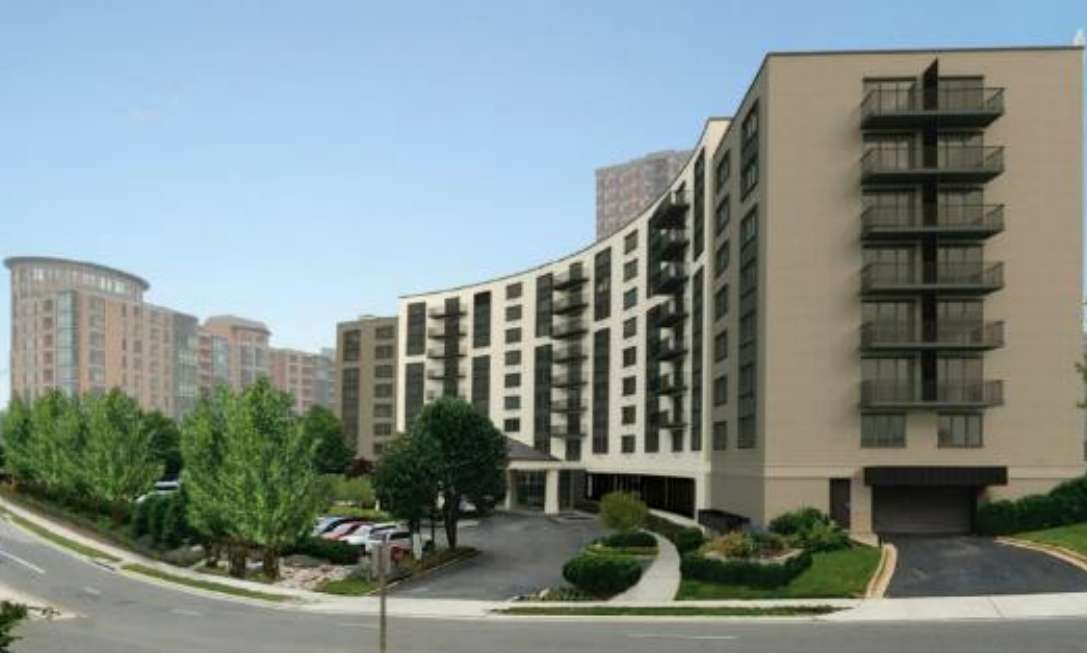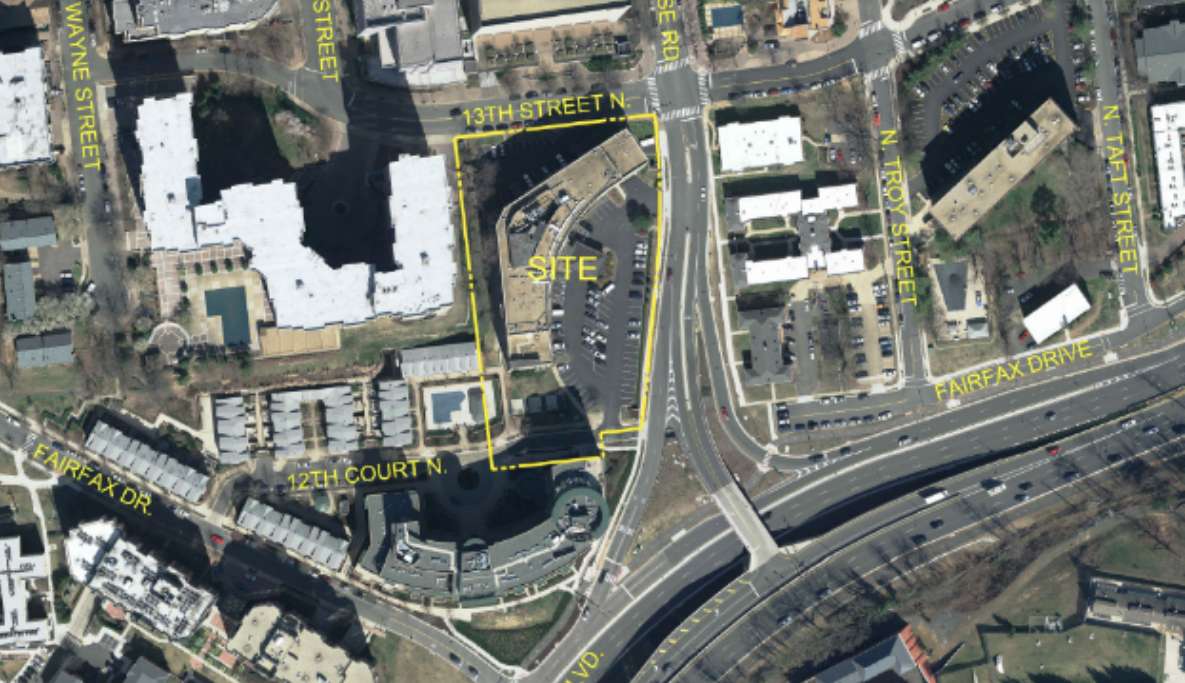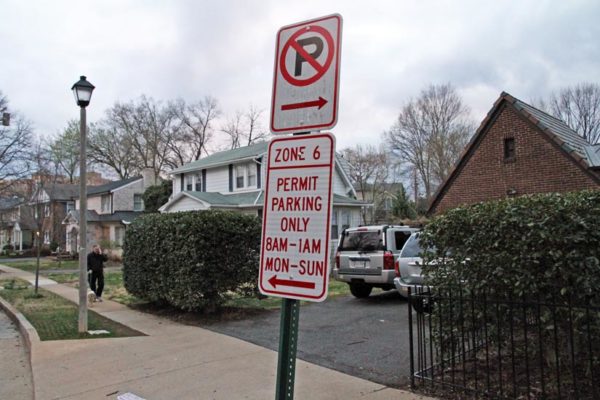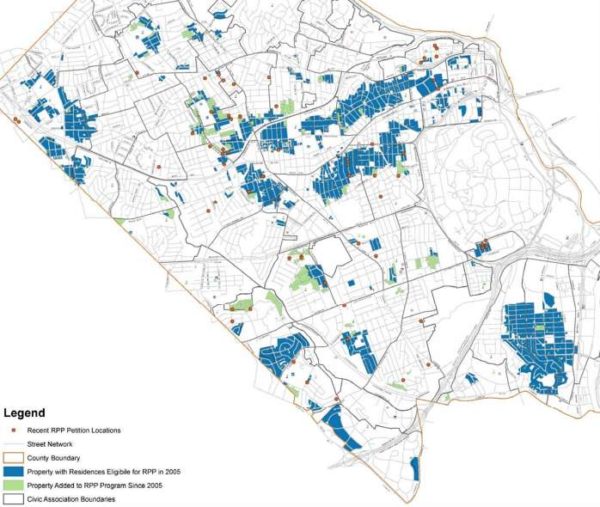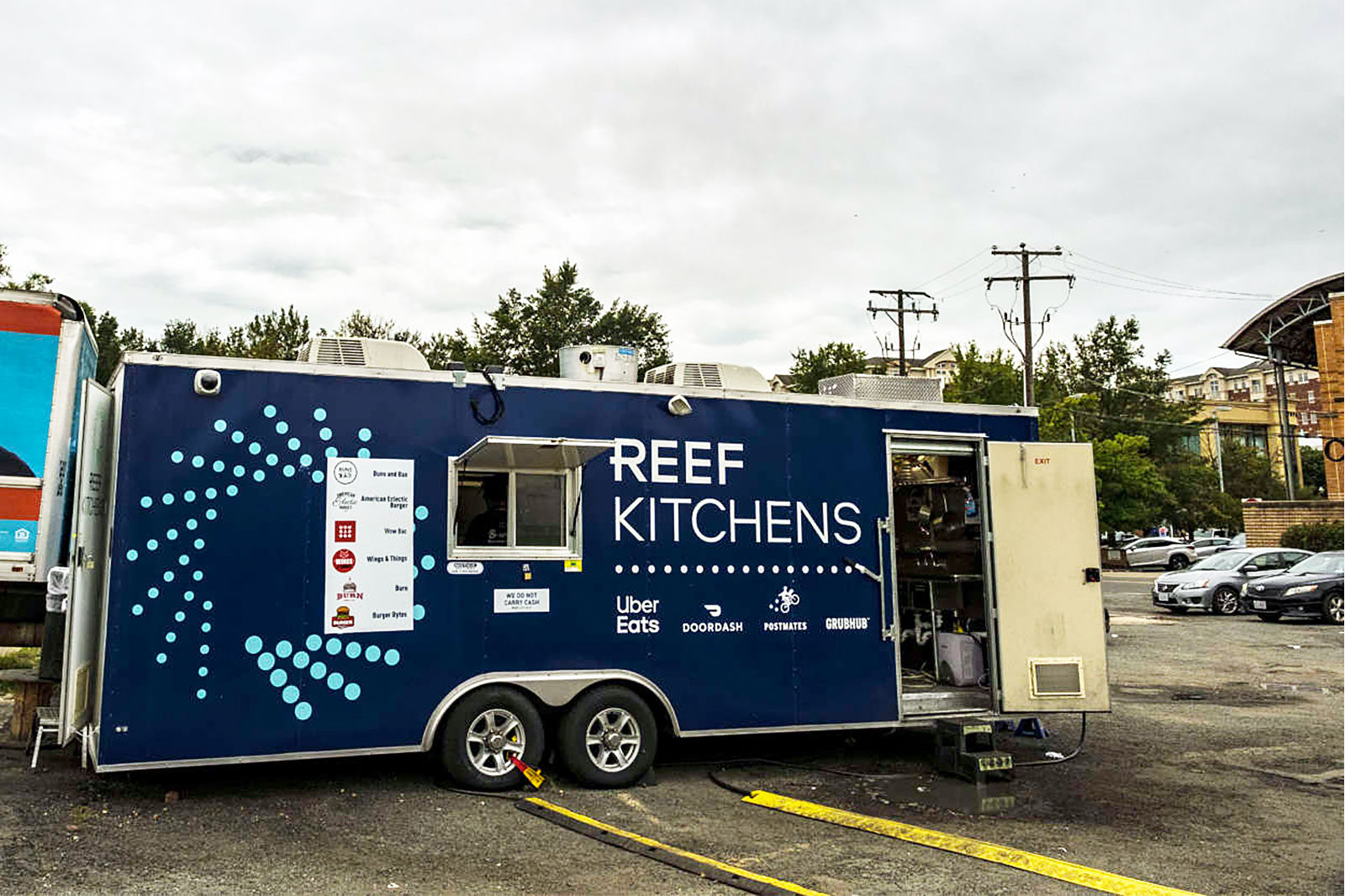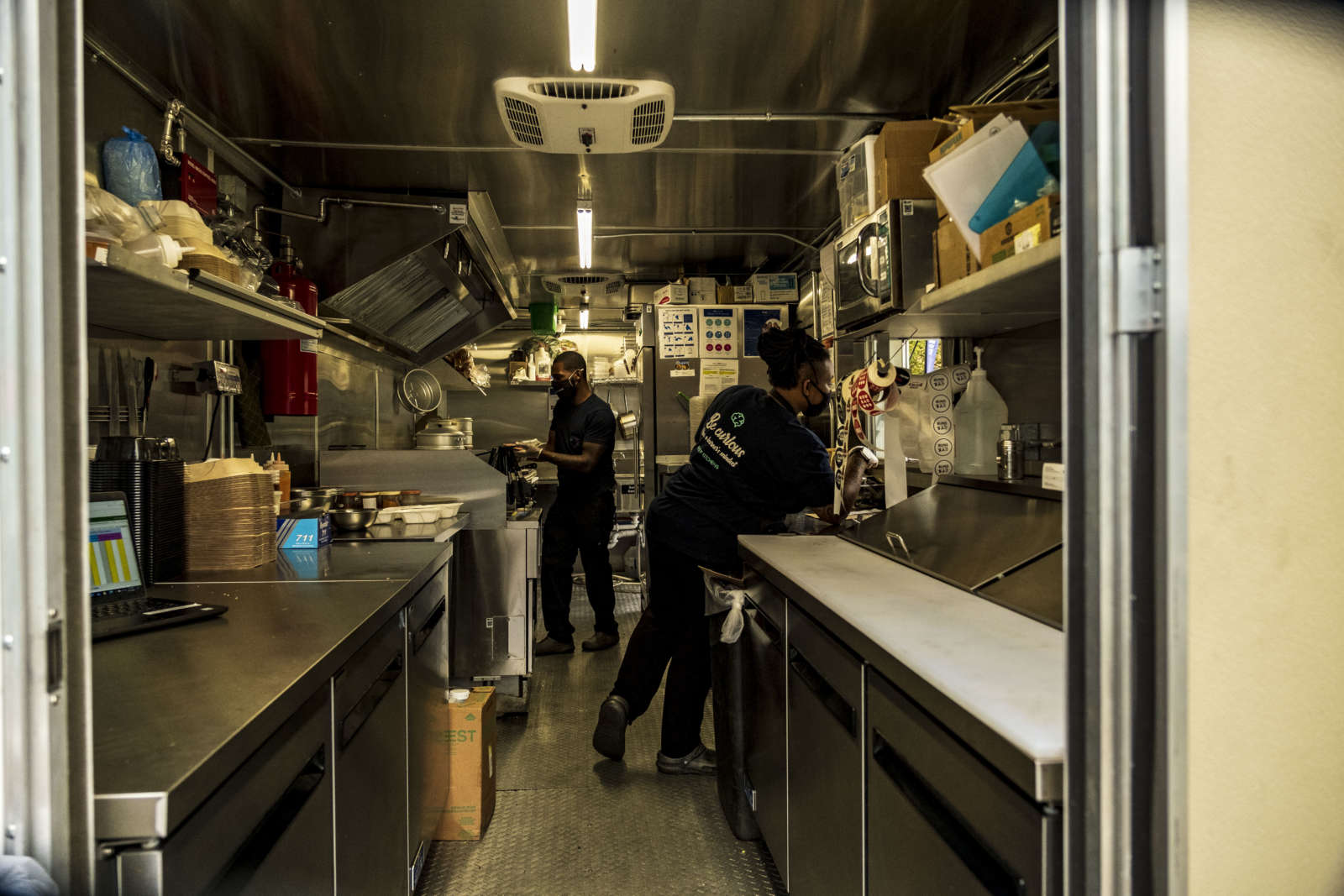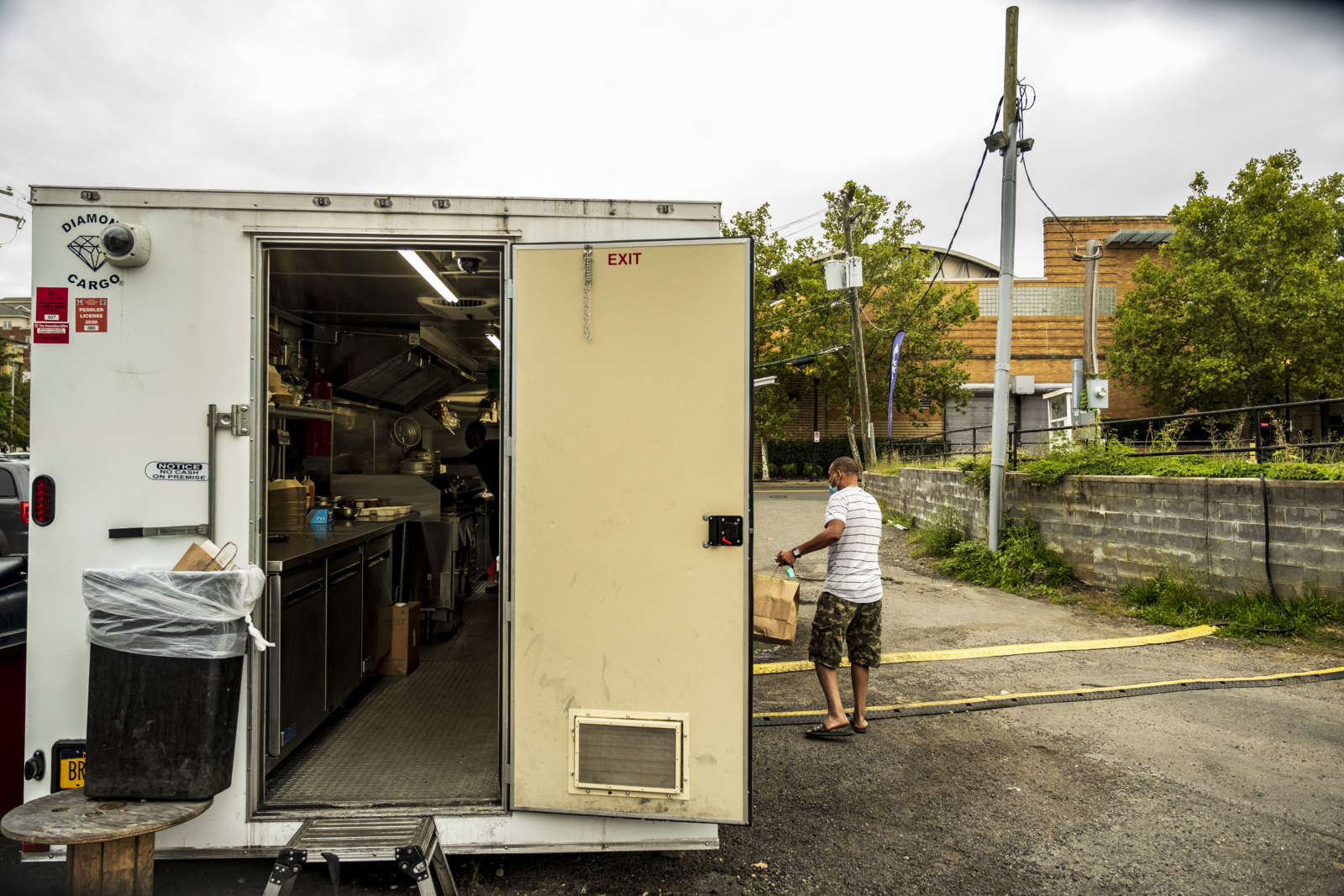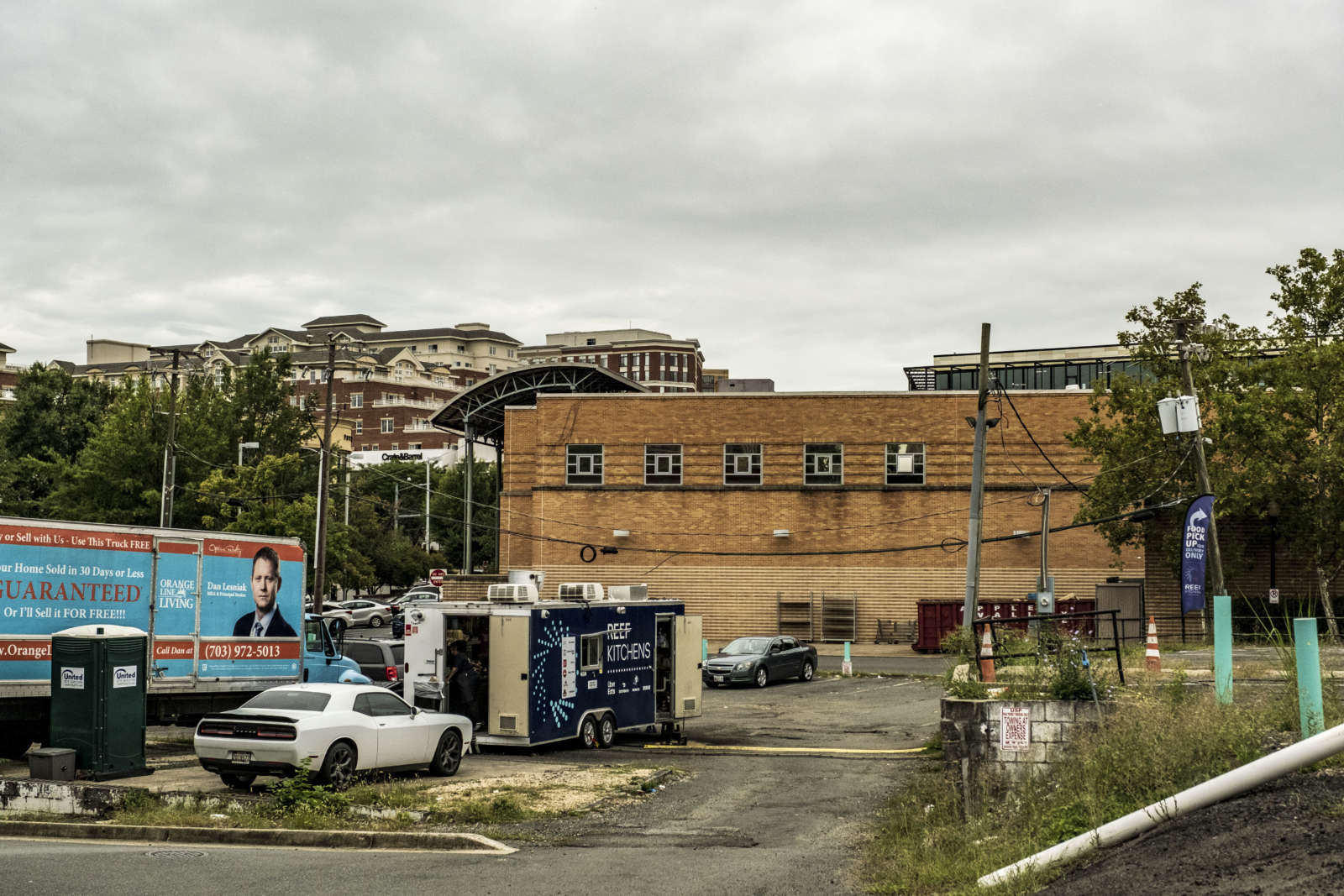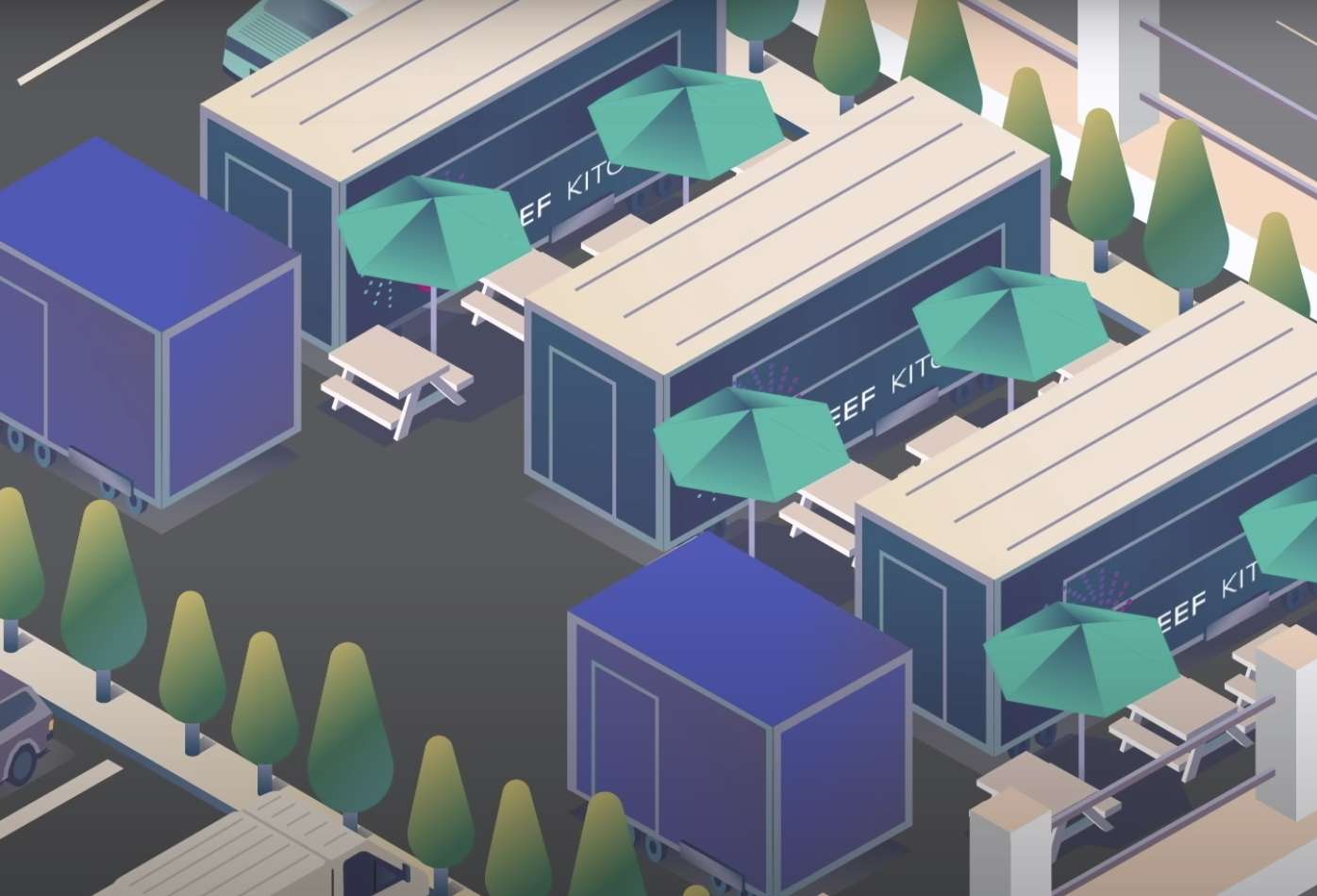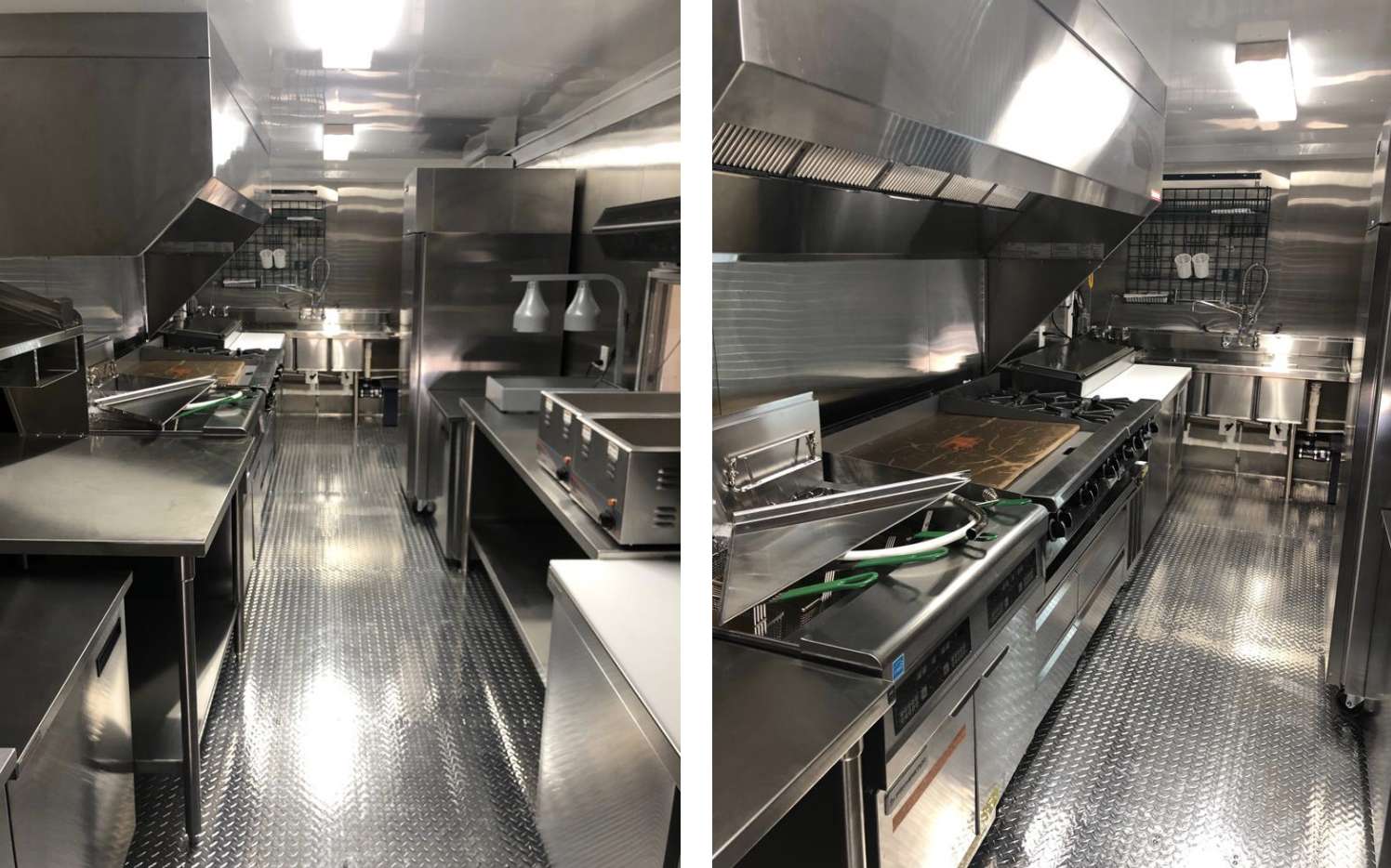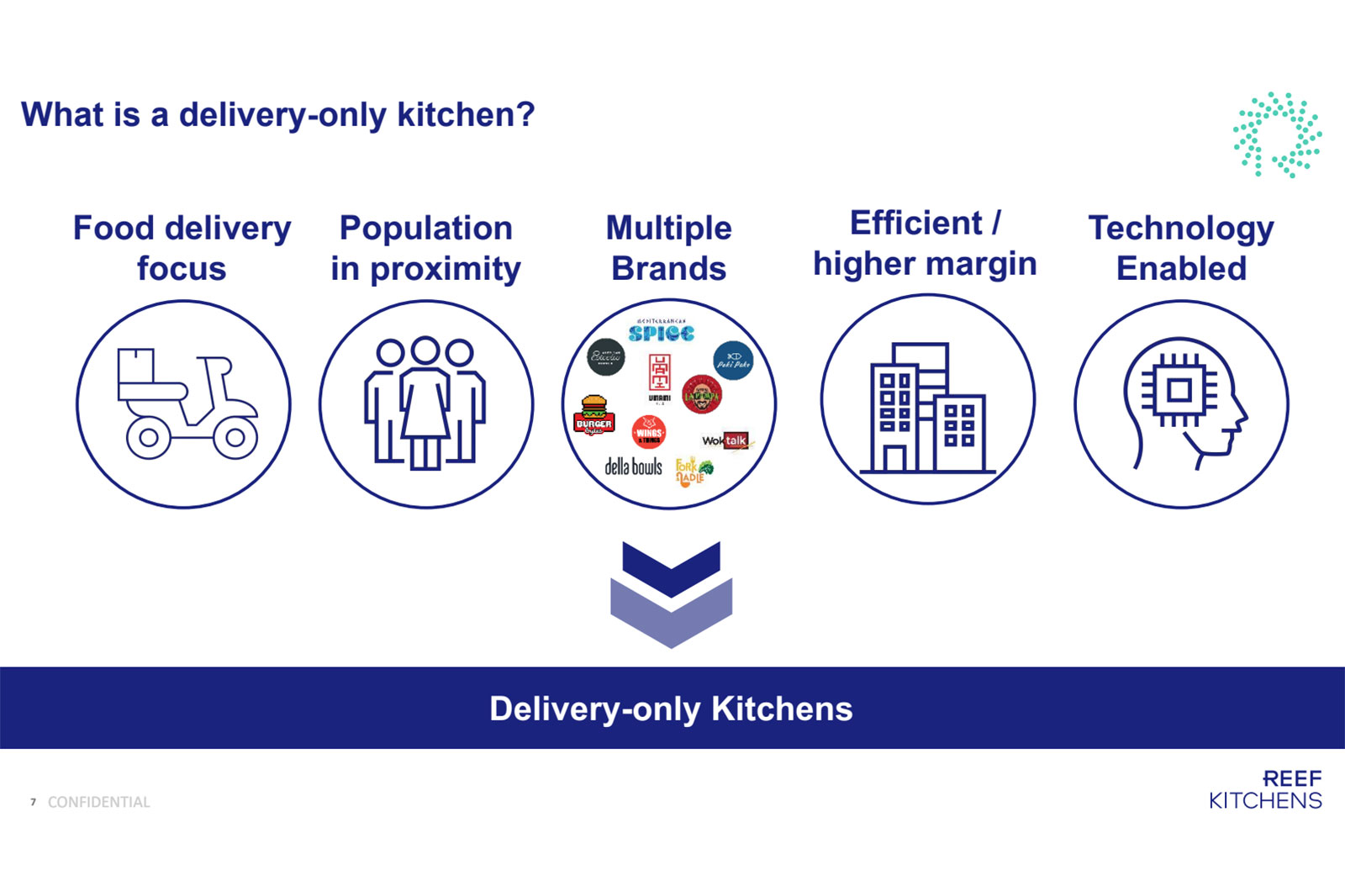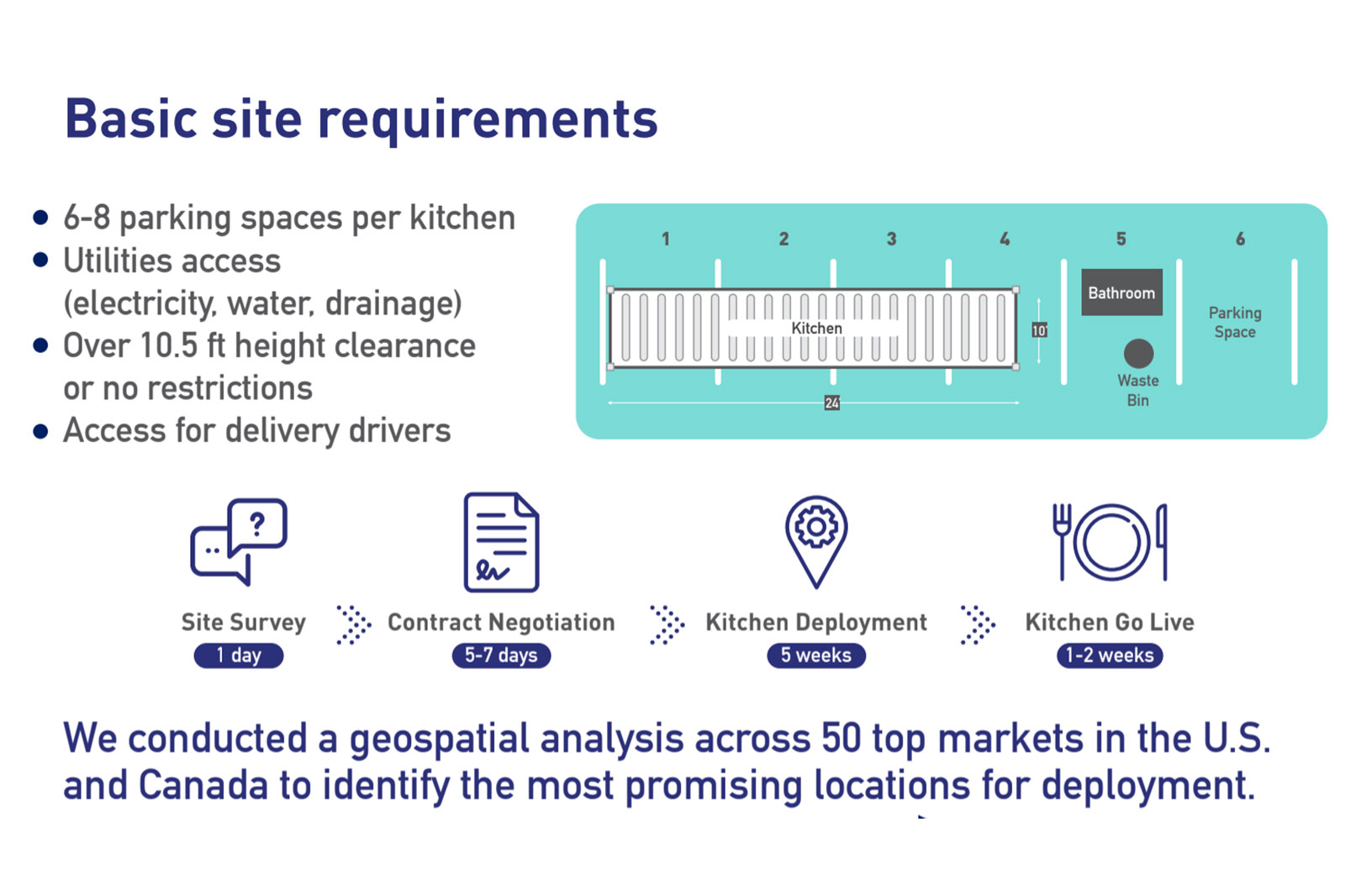(Updated 02/08/21) The Arlington County Board has scheduled a public hearing on proposed changes to the Residential Parking Program for its regular meeting on Feb. 20.
But Board members are open to pushing off the hearing further to engage more people and give residents more time to digest the changes.
Board member Christian Dorsey said the Board is merely advertising a public hearing and the proposed changes to the program are not drastic.
“This is an evolutionary update, not a revolutionary one,” he said. “While it’s a complicated program, the degree of change is not as difficult.”
A delayed public hearing may mean implementation is deferred to the 2022-23 fiscal year, especially if the County staff is expected to do more public engagement, said Stephen Crim, the RPP review program manager.
“Some people will be unhappy no matter how we do this program,” Board Chair Libby Garvey said. “We are really trying to balance what is fair and what is right and provide flexibility.”
The proposed changes come three years after a moratorium was placed on new parking restrictions so a review of the program could be conducted. Among the changes, County staff are recommending adding a pay-to-park option in restricted residential zones for short-term visitors, while expanding who can petition for Residential Permit Parking restrictions.
Residential areas with RPP restrictions would have paid, two-hour parking so that short-term visitors can legally park without a pass or permit. Payments will be processed through the ParkMobile app or through the EasyPark device, instead of pay stations.
Staff also recommend granting more parking options and permits to employees of K-12 schools and group homes, and reducing the number of permits that households can receive based on whether they have off-street parking such as driveways or garages.
During the meeting, the County Board approved an amendment that would allow residents to buy a third, or even a fourth, parking pass at a higher cost.
The added flexibility came after the board heard from families who have suddenly had adult children come home due to the pandemic, along with renters, homeowners who rent out rooms and homeowners who said the program would force them to enlarge their driveways.
Another concern expressed by some: whether the county can effectively enforce the modified parking restrictions, with hourly parkers added to the mix.
With the public hearing pushed from January to February, the Board members asked residents to think about the program over the next two months.
“This is a very complex program,” Garvey said. “For anybody who is just now looking at it, they need more time to digest even what we’re doing right now.”
So far, the public engagement process has mostly drawn out homeowners who currently benefit from the parking program, but not the apartment- and condo-dwellers who are generally excluded from it, a few Board members pointed out.
“Aurora Highlands has been well-represented in the public comments,” Board member Matt de Ferranti said. “The people who might benefit from this in terms of apartment buildings aren’t here.”


